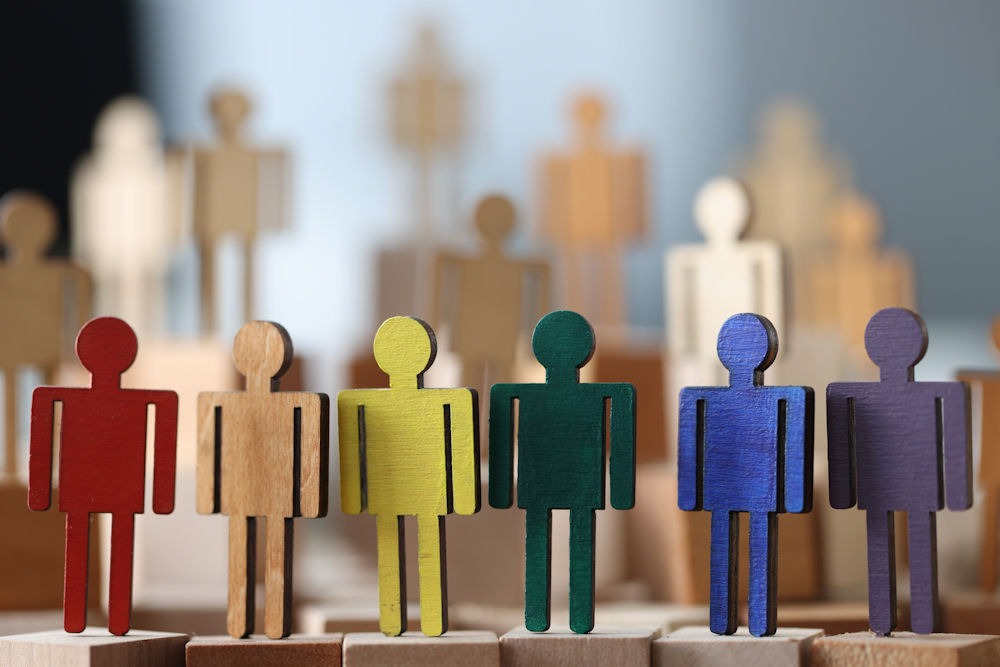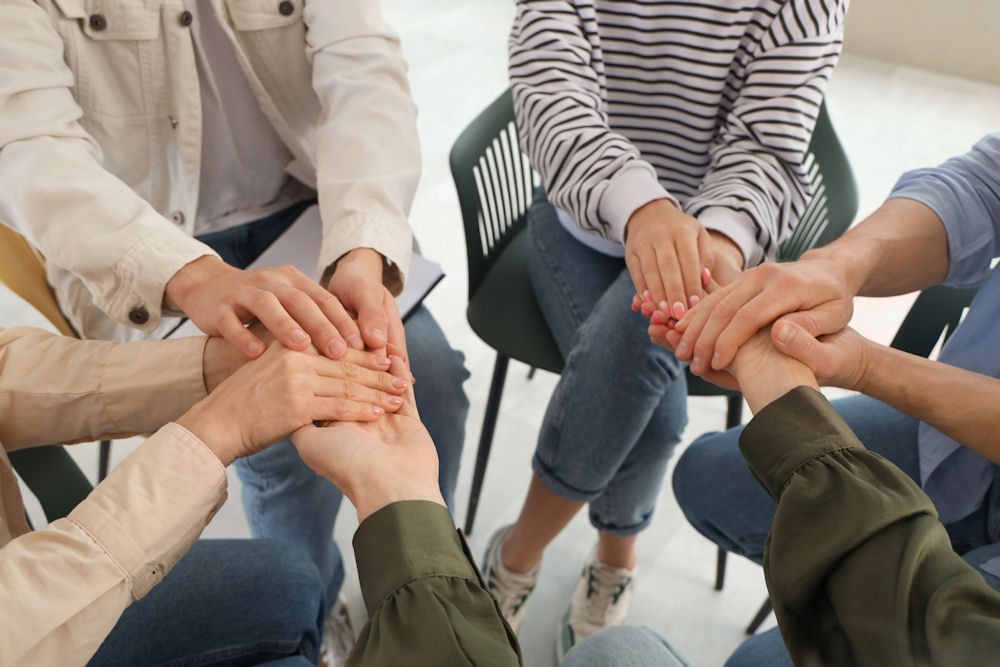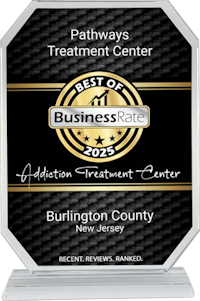Addiction doesn’t just impact the person struggling with substance use, it affects everyone in their orbit. When a family member falls into drug and alcohol addiction, the entire family system instinctively shifts, often without realizing it, to adapt to the chaos, dysfunction, and emotional instability it causes. These changes are not random. They follow recognizable patterns that mental health professionals refer to as addicted family roles or “family roles in addiction.”
Families often find themselves moving into unhealthy roles to maintain a fragile sense of normalcy. In doing so, they may unknowingly contribute to the cycle of addiction. These addicted family roles form a survival mechanism, built to maintain balance in an environment that is anything but stable.
Understanding these roles and how they develop is the first step toward healing.
How Addiction Affects the Entire Family
When someone in the family is addicted, the household doesn’t function the same anymore. Love and loyalty often motivate family members to cover up, compensate for, or otherwise manage the situation. These protective instincts can easily become enabling and can lead to much damage to the family dynamic and relationships, over time.
Let’s look deeper into the impact of addiction and the roles of an addicted family in response to it:

From the outside, everything may look fine. A spouse might insist their partner is simply stressed. A parent might say their child is “just going through a phase.” This denial is a defense mechanism that allows families to avoid the painful truth, but it also delays any real chance at intervention.
Real-life example:
Susan’s husband, John, was drinking heavily every night. She told friends he worked long hours and needed to unwind. When their daughter found empty vodka bottles in the bathroom, Susan threw them away without discussing it. In a failed attempt to preserve the illusion of control.
Addiction creates unpredictability. Will the person come home tonight? Will they be sober at dinner or that family event? This constant walking on eggshells leads to hypervigilance and long-term stress, which can affect sleep, immune function, and mental health for everyone in the household.
Lying, stealing, disappearing, these are behaviors that can accompany addiction. Over time, trust deteriorates. Siblings stop confiding in each other. Spouses withhold feelings. Children learn to stay quiet or expect disappointment.
Guilt, fear, resentment, shame – it’s not just the person using substances who feels these emotions. They radiate throughout the entire family. Over time, many family members develop anxiety or depression, leading to cycles of pain that can span generations until someone is able to stop these vicious patterns..
Roles of Family Members in Addicted Families
Within this emotional ecosystem, family members often take on defined roles to cope. These addicted family roles are not assigned, but rather, they emerge unconsciously as a way to create some sense of order. Individuals may move between roles depending on the situation, or even hold more than one role at a time.
Let’s explore each role in depth:
This is the person with a substance use disorder. Their behavior, whether erratic, withdrawn, or destructive, becomes the focal point of the family dynamic. Often, the addict does not realize the extent of their impact. They may feel isolated, ashamed, or even justified in their actions.
Example:
Brian began misusing opioids after back surgery. Over time, his use escalated. He lost his job and lied about where the money was going. His family felt like they were watching him disappear, but didn’t know how to stop it.
Usually, a spouse or parent, this person steps in to smooth over problems. They may lie to others, make excuses, or take on the addict’s responsibilities. Deep down, they believe they’re helping, but they are actually protecting the addict from experiencing natural consequences for their unnatural actions.
Example:
Maria called her husband’s work to explain his absences, paid his traffic tickets, and even poured out his liquor, hoping he would stop. But each time she stepped in, she removed an opportunity for him to confront the severity of his addiction.
This person may also be codependent, deriving their sense of worth from being needed or taking care of others.
Often, the eldest child, the Hero, tries to make up for the family’s dysfunction by being perfect. They may become overachievers, striving for external validation to mask internal chaos. While they appear successful, they often carry intense pressure and loneliness.
Example:
Tasha became a straight-A student and went to college on a scholarship. Everyone praised her for being “so strong,” but she admitted in therapy that she never felt safe as a child and developed ulcers by 16.
This child takes the heat. They act out, break rules, or rebel – often drawing negative attention to themselves and away from the addict. While they may be blamed for the family’s problems, their behavior often reflects a desperate cry for help.
Example:
Derrick started getting into fights at school and was suspended several times. His parents focused on his behavior, ignoring his older brother’s drug use. When asked why he lashed out, Derrick said, “At least someone notices me now.”
The Mascot is the comedian, the entertainer, the one who tries to keep things light in dark times. They use humor or silliness to cope with stress and make others smile, but inside, they often feel anxious, insecure, and unseen.
Example:
Jessie was only 10 when her dad’s drinking got worse. She made everyone laugh at dinner, told jokes, and tried to make her mom smile. Years later, she said, “If I was funny enough, maybe they wouldn’t cry so much.”
This family member fades into the background. They avoid conflict, don’t ask for much, and learn to be self-sufficient. While this may reduce friction, it often leads to emotional neglect, poor self-esteem, and difficulties with intimacy in adulthood.
Example:
Liam spent most of his time in his room, playing video games. He never got into trouble, but also never got much attention. “It was like I wasn’t even there,” he later said. “And honestly, that felt safer.”
The Value of Family Therapy in Addiction Recovery
Healing from addiction isn’t just about treating the individual, it’s about healing the entire family system. Family therapy plays a vital role in recovery because it addresses the family dynamics that may be enabling, maintaining, or suffering from the addiction.

In addicted families, communication is often dishonest, guarded, or nonexistent. Therapy offers a safe space to express long-suppressed feelings like anger, sadness, or fear in a structured, non-judgmental environment.
When each family member identifies the addicted family role they’ve been playing, they can begin to rewrite their story. Heroes can learn it’s okay not to be perfect. Enablers can learn to set and honor boundaries. Scapegoats can finally start to heal their pain.
Recovery depends on trust, but in addicted families, trust may have been shattered repeatedly. Therapy helps rebuild it slowly, through honesty, accountability, and small, consistent steps.
Family therapy empowers everyone, not just the person in treatment. Each member learns that their actions, boundaries, and self-care practices matter. Healing isn’t passive, it’s active. Healing takes every member to get it right.
Families that heal together tend to support longer recovery outcomes. A united, informed, and supportive family reduces the risk of relapse and increases overall well-being for everyone involved.
Heal from Addiction at Pathways Treatment Center
At Pathways Treatment Center, we understand that addiction impacts the whole family and that healing must address the deeper patterns, including addicted family roles. We offer holistic, compassionate care that includes:

- Family Therapy: Designed to uncover unhealthy dynamics and create space for reconnection and healing.
- Individual and Group Therapy: Tailored support for the addict and family members alike.
- Education & Workshops: Empowering families with tools to understand addiction, set healthy boundaries, and support one another.
- Aftercare Planning: Ensuring long-term support for families post-treatment, including relapse prevention strategies.
Whether you are the addict, the enabler, the hero, or the forgotten child, there is hope. Healing begins when the truth is acknowledged, the pain is seen, and everyone has the chance to transform their role into something healthier.
You don’t have to carry the weight of this alone. Let Pathways help you lay it down.
Take the First Step Today
If your family is being impacted by addiction, now is the time to act. Contact us to learn how we can help you and your loved ones find healing, clarity, and connection again.



